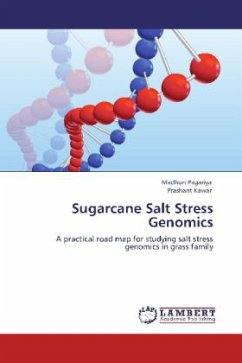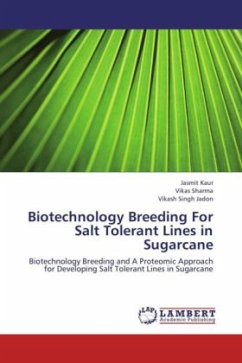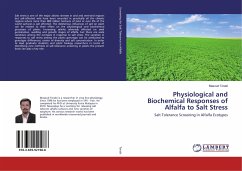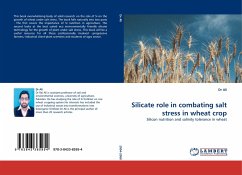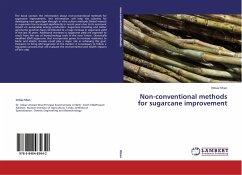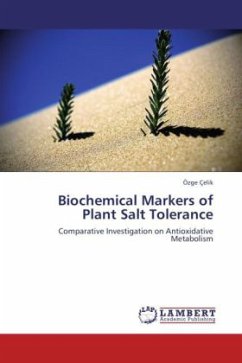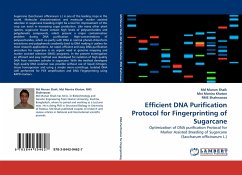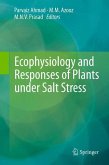Abiotic stress is the most harmful factor concerning the growth and productivity of agricultural crops worldwide. Among them the salinity is a severe constraint on crop growth and productivity in many regions, and the situation has become a global concern. The recent reports suggests that around 5% of the cultivated land is affected by salinity, moreover, it has been predicted that increasing salinization in agricultural fields will reduce the land available for cultivation by 30% within the next 25 years, and up to 50% by the year 2050. This book describes the practical road map for studying the physio-biochemical status of salt stressed plant and identification of potential salt tolerance candidate genes by using modern molecular biology techniques in non model plant sugarcane and will provide firm basis in studying the effect of salinity in other grass species.
Bitte wählen Sie Ihr Anliegen aus.
Rechnungen
Retourenschein anfordern
Bestellstatus
Storno

